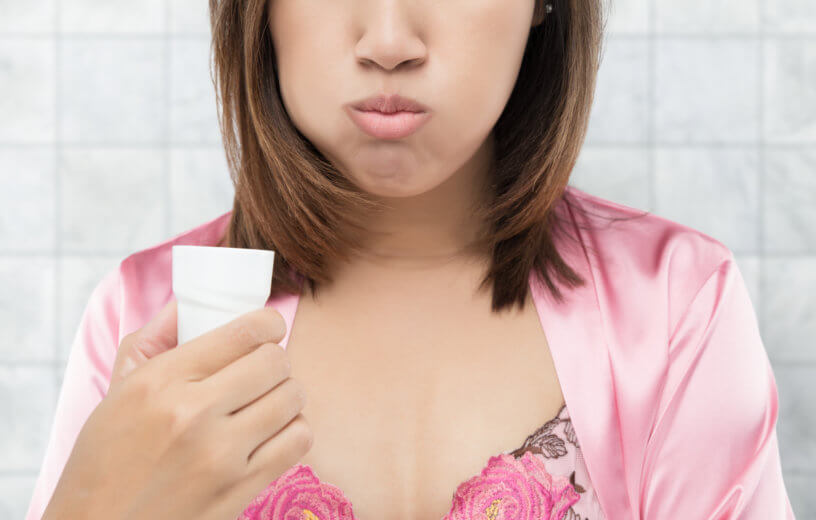OSAKA, Japan — Bad breath isn’t the only reason your bathroom should always have a supply of mouthwash. Nothing happens in the human body in a vacuum, and recent research reveals that mouth inflammation and gum disease due to oral bacteria have an association with numerous ailments far beyond the mouth — including dementia and diabetes. Luckily, however, researchers from Osaka University report that antiseptic mouthwash represents an easy way to fight bacteria linked to these health issues.
Researchers explain that when a group of individuals with Type 2 diabetes gargled with an antiseptic mouthwash, cases of periodontitis-related bacteria notably decreased. Crucially, study authors add certain patients with reduced bacteria also enjoyed much more robust control over their blood sugar, indicating possible future clinical applications.
“There are three highly virulent bacterial species that are linked to periodontitis, or diseases of the tissues surrounding the teeth,” says lead author of the study Saaya Matayoshi in a media release. “We decided to see if we could reduce these three species—Porphyromonas gingivalis, Treponema denticola, and Tannerella forsythia—in patients with Type 2 diabetes using a mouthwash containing the antiseptic chlorhexidine gluconate.”
💡What Is Type 2 Diabetes?
- Your body’s cells become resistant to insulin, a hormone that helps absorb sugar
- Over time, this buildup of sugar in your blood can damage your organs and tissues
- While genetics play a role, Type 2 diabetes is largely preventable through healthy lifestyle choices

To conduct this research, study authors extracted monthly or bimonthly saliva and blood samples from a group of 173 people over the course of a full year. Subsequent examinations of the saliva samples revealed either the presence or absence of the three bacterial species and the blood samples helped measure HbA1c levels as a marker of blood sugar control. It’s key to note that during the first six months of the study, patients gargled with water, while during the second six-month period, they gargled with antiseptic mouthwash. This approach allowed researchers to ascertain if gargling itself was helpful in terms of reducing bacteria or whether mouthwash was more effective.
“We were unsurprised to see that gargling with water had no effects on bacterial species or HbA1c levels,” explains Kazuhiko Nakano, senior author of the study. “However, there was an overall reduction in bacterial species when the patients switched to mouthwash, as long as they were gargling at least twice a day.”
Study authors also note that, despite finding no overall changes in HbA1c levels when patients gargled with antiseptic mouthwash, large variations in individual responses appeared. For instance, when researchers divided the participants into younger and older groups, younger participants showed greater reductions in bacterial species and significantly higher blood sugar control with mouthwash than with water.
Considering poor oral health is extensively linked to various serious diseases, researchers stress how simple interventions to improve oral hygiene hold important ramifications. If patients more likely to respond well to antiseptic mouthwash are identifiable, this easy-to-use treatment may improve the lives of countless people living with periodontitis-linked diseases, including diabetes, dementia, cardiovascular disease, and respiratory tract infections.
The study is published in Scientific Reports.




Pretty sure this type of mouthwash is prescription only. Too bad they didn’t test with OTC mouthwash products such as Listerine and ACT.